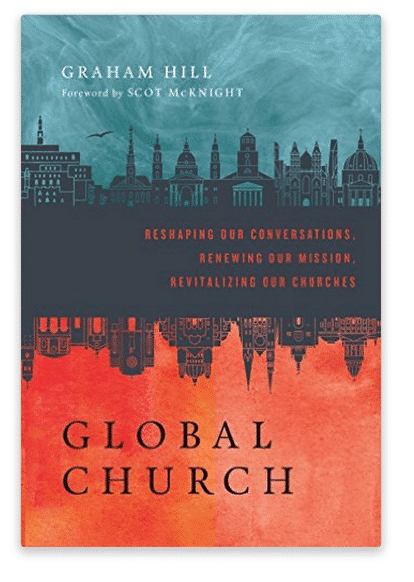Living in the power and presence of Immanuel (Matthew 1)

Living in the power and presence of Immanuel (Matthew 1)
‘So God throws open the door of this world—and enters as a baby. As the most vulnerable imaginable. Because he wants unimaginable intimacy with you. What religion ever had a god that wanted such intimacy with us that he came with such vulnerability to us? What God ever came so tender we could touch him? So fragile that we could break him? So vulnerable that his bare, beating heart could be hurt? Only the One who loves you to death.’ ~ Ann Voskamp
It’s often tempting to believe that the good life is a life of comfort, prosperity, safety, and ease. But this is rarely the case. Many of us discover peace and faith and hope during difficult times. Our world is a world full of suffering and loss and pain. This is the world Jesus entered and lived and loved. Wherever we find ourselves in life, no matter what our dreams or difficulties or passions, we hear these striking words: “Immanuel; God is with us.” God entered our world as a vulnerable and fragile child. He entered fully into this world of abuse and suffering and pain and war and violence and conflict. Jesus came as one fully exposed, completely vulnerable, exceedingly fragile, and shockingly tender.
“Immanuel” is the hope of our discipleship—our God is with us. His strength for our weakness, his faith for our doubt, his joy for our tears, his love for our hatred, his hope for our disillusionment, his light for our darkness, his comfort for our distress, his wealth for our poverty. God is with us; what will we fear? God is with us; he fills us with his incomparable faith, hope, and love!
This is the call of discipleship; that we live into the presence of “Immanuel, God with us.” Since God’s presence is with us, we must live in the power and freedom of that presence. His life becomes our life, his mission our mission, his future our future.
We replace conflict with forgiveness. We relinquish hatred and embrace love. We choose friendship instead of fear. We swap pride for humility. We let go of position and power and honour the least among us. We confront injustice and exploitation. We seek truth and justice and reconciliation. We refuse to fear and hate and, instead, practice hospitality and embrace. We welcome the stranger and love our enemies. We understand that “Immanuel, God with us” calls us to the work of Christmas: ‘To find the lost, to heal the broken, to feed the hungry, to release the prisoner, to rebuild the nations, to bring peace among brothers, to make music in the heart.’[1]
The truth that “God is with us” has transformed countless lives. It’s at the very heart of radical discipleship and servant leadership. It frees us to live more slowly, deeply, and fully.
PRAYER: Lord, help me to always remember that you are with me and with your church. Help us to express your presence in fresh ways—in our prayer, peacemaking, worship, justice, and love.
This is number 1 in the series Slower.Deeper.Fuller by Graham Hill ~ Discover a slower, deeper, and fuller life. The series picks themes from various chapters of the New Testament. It reflects on what that theme tells us about pursuing slower, deeper, and fuller lives, discipleship, and ministries. Subscribe to the blog for more.
What to be mentored in spiritual leadership and deeper discipleship by Graham Hill? Go here.
Graham Hill
Graham Hill (PhD) is the Provost of Morling College in Sydney, Australia, and the Founding Director of The GlobalChurch Project – www.theglobalchurchproject.com. He’s the author of “GlobalChurch: Reshaping Our Conversations, Renewing Our Mission, Revitalizing Our Churches” (IVP, 2016), and “Salt, Light, and a City, Second Edition: Ecclesiology for the Global Missional Community: Volume 1, Western Voices (Cascade, 2017).”
© 2017 All rights reserved.
Copying and republishing this article on other Web sites, or in any other place, without written permission is prohibited.
Want to be mentored?
Books
Don’t forget to buy Graham Hill’s books, GlobalChurch and Salt, Light, and a City (second edition).


Comments: We’d love to hear your comments and reflections on this blog post!





